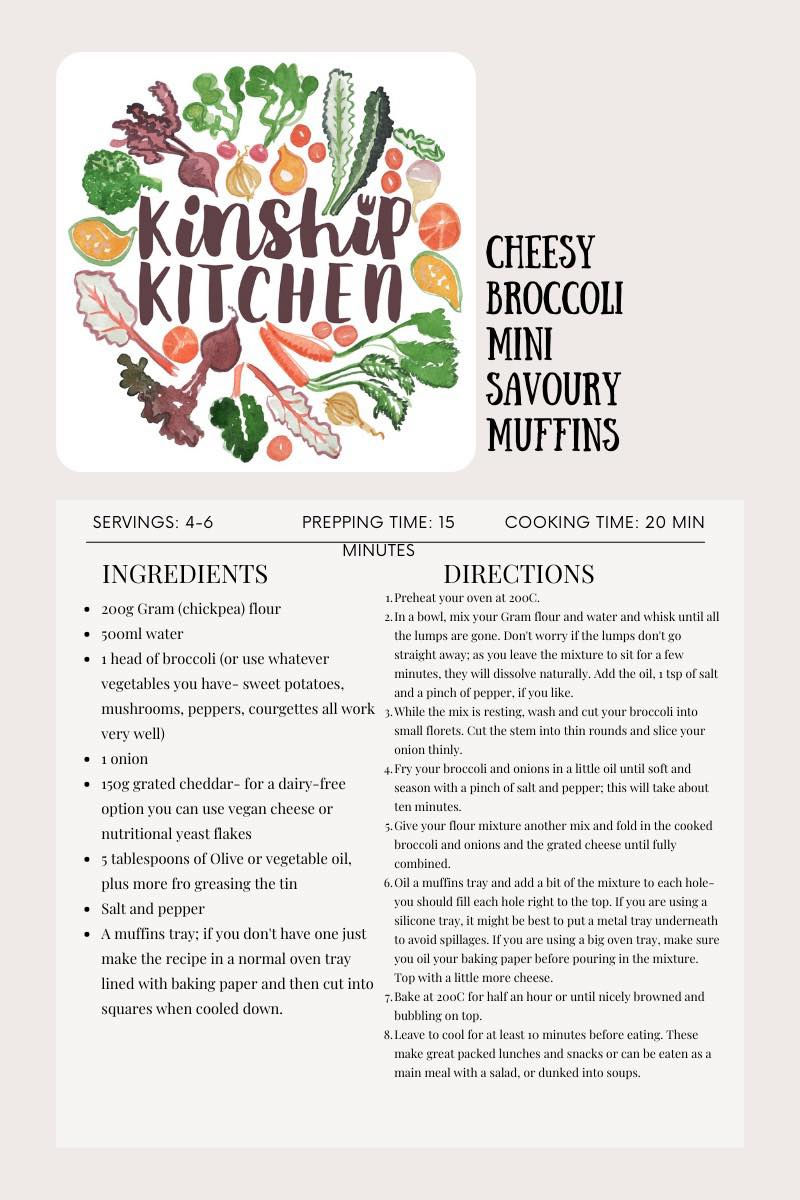Managing School Transitions
- info4205357
- Jul 1, 2022
- 3 min read
Like many of you, we’re managing some big emotions with our little people right now with the end of the school year coming up. Having spent a significant amount of time getting our children settled into their nurseries and primary schools, they have become accustomed to the buildings, uniforms, staff, sounds, friends, activities and routines of their classrooms. In just a few weeks, all that familiarity will come to an end for another year. Some will be changing year groups, while others will be transitioning into new school buildings that come with new routines, new uniforms, teachers that they don’t know, new friends to make. All this comes with a level of uncertainty and often anxieties about what the new year group/ teacher/ school/ friends will be like.
Many schools are also good about having induction days where the children and parents get an opportunity to visit the school, meet the teacher(s) and sometimes even get a chance to meet with some of their new classmates. These things can go a long way when you have a child that is anxious about the transition to a new school.
Likewise, the older ones that are finishing primary school and transitioning to secondary school are also facing big changes. Some may have been in the same school for 7 years, they will have gotten used to the same classmates and developed close friendships. Some of those friends will be going off to different schools, the secondary schools often are a longer journey to get to which may mean travelling on their own to school for the first time, and secondary students are often expected to be more independent and responsible for their own learning all while developmentally going through some big changes with their minds and bodies that makes this all the more challenging!
We’ve taken a look at the advice on Place2Be website about helping children with transitions, and wanted to share with you some of the advice they provide.
As family-
Don’t avoid it – draw pictures and tell stories about what might happen to make it fun and more familiar.
Talk about feelings – describe what happens when you have different feelings, including worry. Do you have butterflies in your tummy? Are you tense? Explain that nerves can help us focus and get ready.
Look back – chat about how you’ve coped with changes in the past, like moving house or having a baby. You can do it again!
Practice how to stay calm - this could include taking slow, deep breaths together.
Preparing your little one-
Let them make mistakes – praise them for trying and help them learn from it by not always fixing it straight away
Encourage them to be curious – ask questions about the world around you and they will start to do the same
Help them get on with others – introduce them to people, play games and take turns. ‘Act out’ situations with toys. E.g. “how can teddy ask to play with the dolls?”
Practise sitting still and paying attention – look at books, crafts or puzzles without distractions
Encourage lots of words – instead of “did you like it?” ask “what did you like about it?” so they have to use different words
Get moving – running, jumping, climbing, catching, painting and sorting small objects will improve their control over their bodies.
There are several resources on the BBC bitesize website about starting primary school.
Preparing your child:
Check in with them regularly and remind them that:
It’s normal to feel both excited and scared – nerves actually help us prepare for challenges.
It may take time for them to feel settled, and that’s OK
They might get things wrong as they get used to a new situation
They’ve coped with big changes in the past and can do it again
Not everything is going to change – some routines will stay the same
They can talk to you or someone at school if they’re worried.
Hope to prepare yourself:
Keeping talking. Your anxieties will be lessened by knowing what is going on in your child’s life
Make it a habit to check in with them while doing everyday things like cooking, dishes, driving. It takes the pressure off.
Remember your child still relies on you to set the boundaries for them.
Look after yourself by prioritising self-care.
If your child is having a particularly difficult time with the school year coming to an end or an upcoming transition, talk to their school. They may be able to offer more support to help ease your child’s anxieties and make this a more enjoyable time for you both.
We'd also like to hear from you. Do you have any strategies that you've used that you could share with us all? Please share in the comments!



Comments